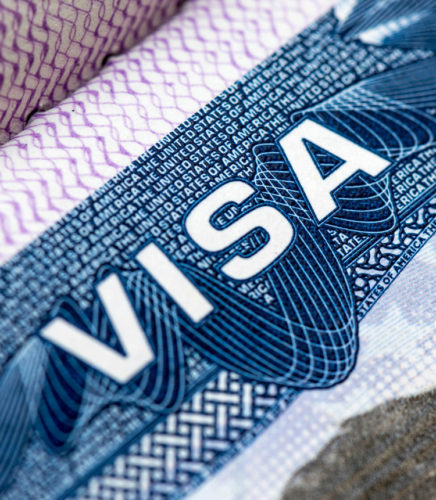
An investor visa, or E visa, gives foreign nationals the right to be self-employed in the U.S. If you receive an E visa, you will become a U.S. citizen for up to 5 years, and you can renew your visa every 5 years as long as your qualifying business resumes. Your spouse and children may also stay and work here in the United States as well. Read on to learn more about investor visas and the two main types available.
What is an E-1 Visa?
In order to obtain an E-1 visa, you must meet the following qualifications:
- You must conduct at least 50% of the international trade with the U.S. and the treaty country
- The income you receive from the trade should support you and your family
- You must prove that there is an exchange between the US and your treaty country
- It must be an international trade involving goods, services, and money
- The owner must be a foreign national and own at least 50% of the company, though employees may hold a managerial position that is essential to the business’s success
- Your trade must already exist between a ratified trade treaty country and the United States
What is an E-2 Visa?
If you are looking to obtain an E-2 visa, as a foreign enterprise or an investor, you must:
- Have invested be actively investing in a U.S. enterprise
- Have an investment of capital with the expectation of making a profit
- Have possession and full control of the investment
- Have an investment irrevocably committed to the U.S. enterprise
- Have unsecured personal business capital OR capital secured by personal assets
If you have any questions or concerns about obtaining an investment visa, our firm is here to help. Reach out today to speak with an experienced and dedicated immigration attorney. We will walk you through the process every step of the way.
Contact our experienced Wisconsin firm
John Sesini is an experienced immigration attorney with offices in Green Bay and Milwaukee Wisconsin. Our firm understands what is at stake when it comes to immigration law matters, which is why If you have any questions, you should not hesitate to contact the Sesini Law Group, S.C. and schedule your initial consultation with our firm today.
